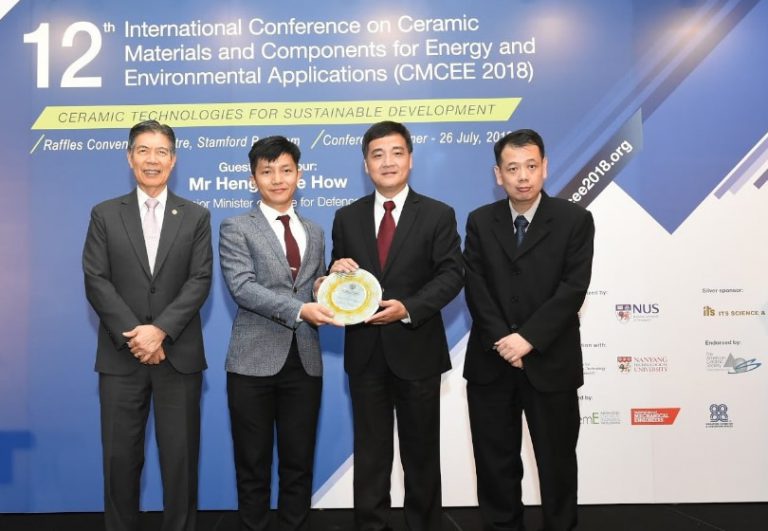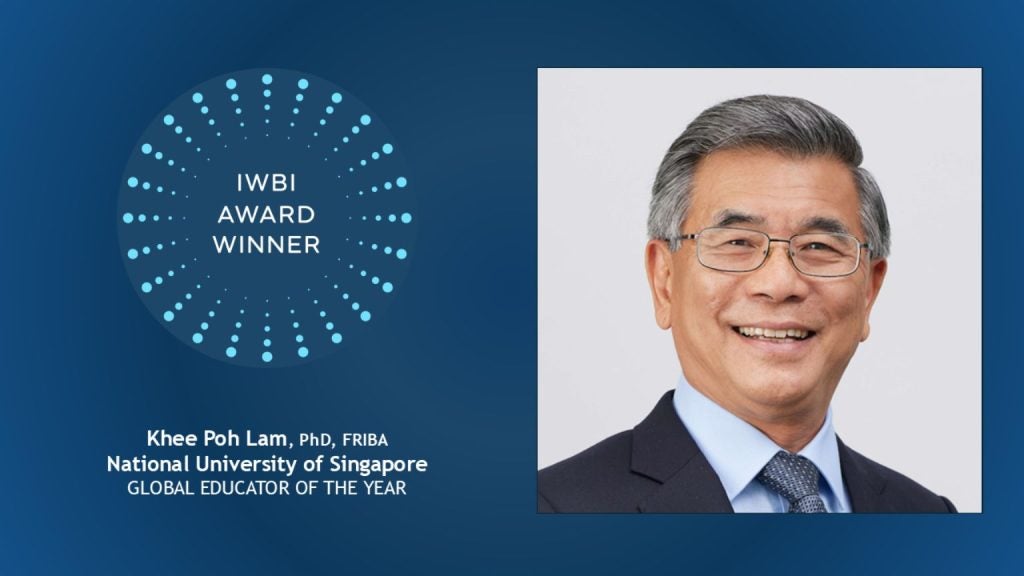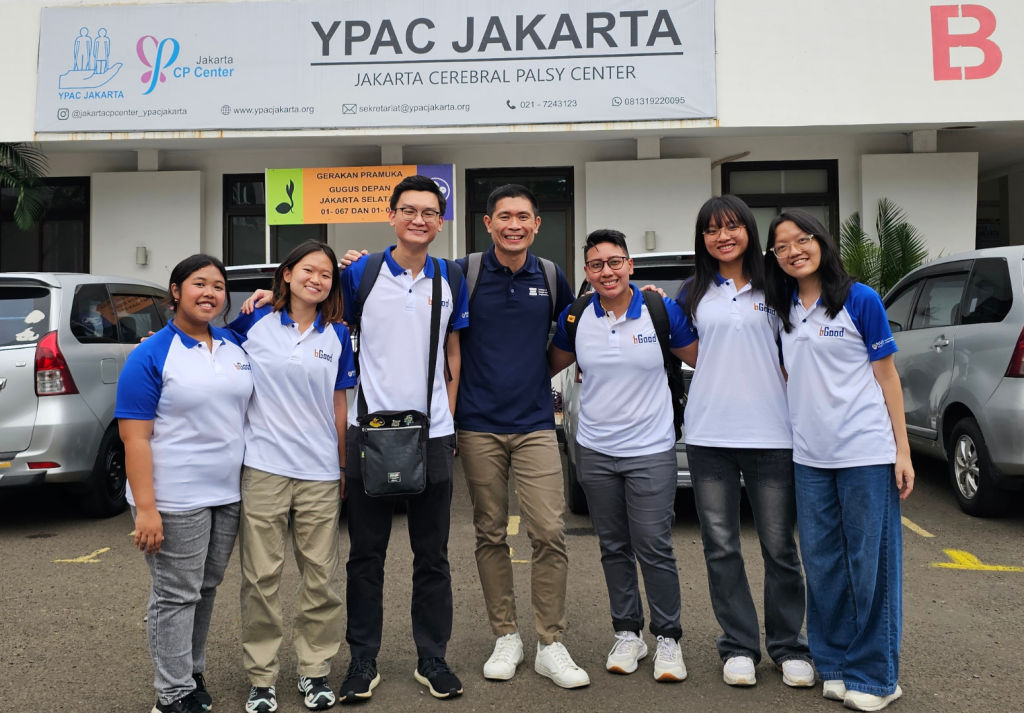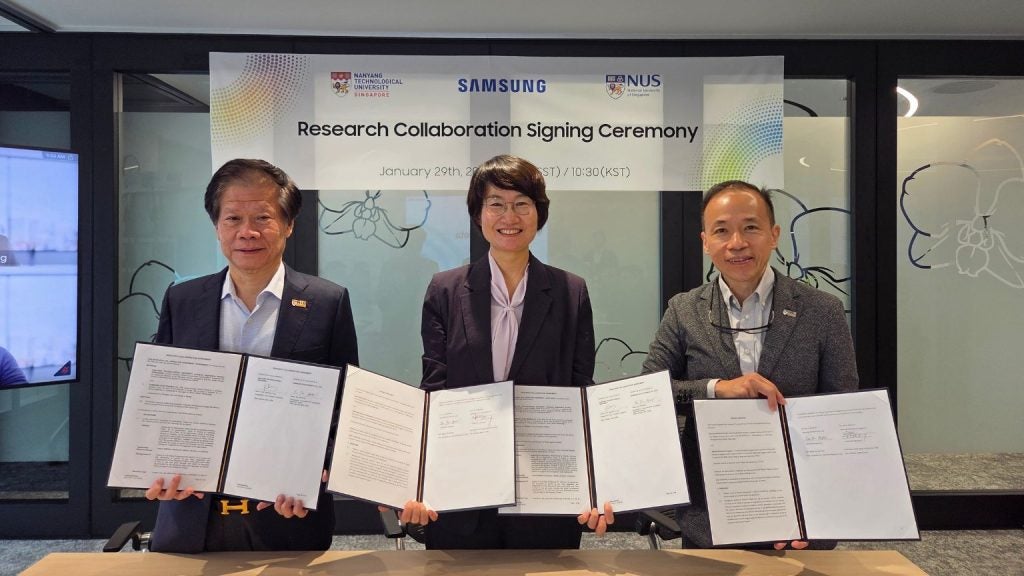At this year's IES (The Institution of Engineers, Singapore) Prestigious Engineering Achievement Awards, NUS Engineering researchers scored top honours in the following award categories:
Applied Research and Development
- 4-IN-1 Smart Utilities Plant tailored for tropics by National University of Singapore (NUS) & King Abdullah University of Science and Technology
Citation
A research breakthrough that paves the way for a more environmentally-friendly and cost-effective way of producing key essentials for daily living - electricity, potable water, air-conditioning and heat, this novel system is suitable for housing and building clusters as well as underground cities, especially those in the tropics.
In this system, energy efficiency is optimised by maximising the cascaded recovery of waste energy that is generated. Specially designed for use in tropical countries, this 4-in-1 smart utilities plant offers greater energy and cost savings and it is also more space-efficient.
The novel approach lowers energy usage by 25 to 30 per cent and cut carbon emission by two to four per cent for Singapore at business-as-usual levels.
Researcher
Assoc Prof Ernest Chua, NUS Mechanical Engineering
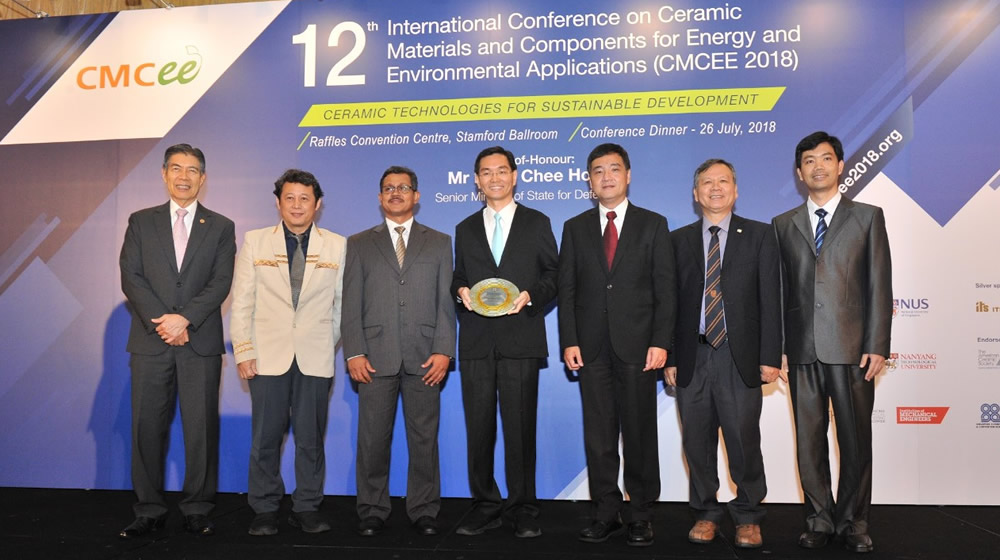
- Low Motion Semi: A next-generation revolutionary semi-submersible
Citation
Low Motion Semi (LMS) has the potential to become the floating solution of tomorrow given its outstanding vessel performance. The LMS is innovatively designed to offer versatility in its operations, with the ability to be adopted for drilling, production or accommodation in harsh and deepwater environments.
Researchers
Prof Chow Yean Khow, NUS Civil and Environmental Engineering (CEE), and Mr Aziz Merchant (Keppel), Co-Programme Leaders, Keppel-NUS Corporate Laboratory
Prof Allan Magee, CEE
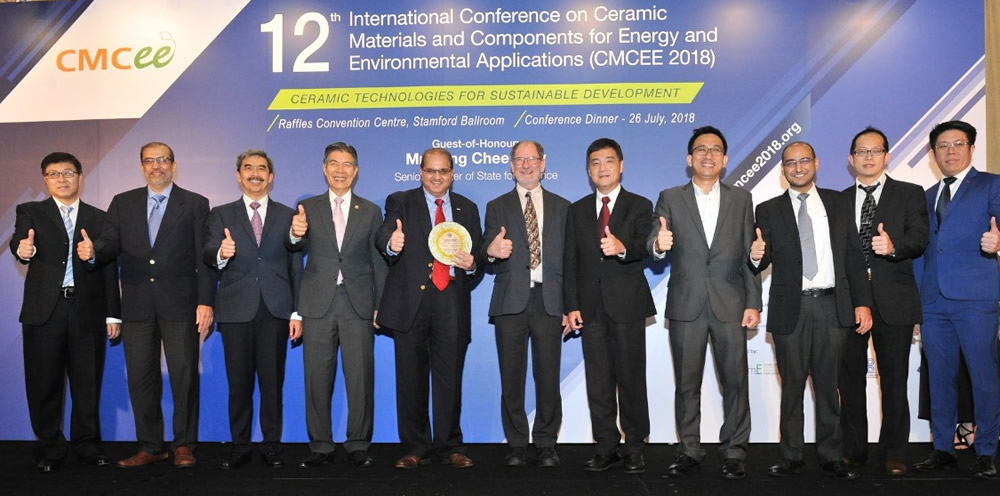
- Renewable air filters from regenerating molecular building blocks
Citation
With rising global concerns over alarming levels of particulate pollution, there is a critical need for research in sustainable air quality management, as pointed out in the United Nations' 2030 Agenda for Sustainable Development. While most research work in the field involve energy-intensive electrospun air filters, this project focuses on a simple and cost-effective way of producing high-quality air filters by coating a novel nanofibre solution on a non-woven mesh. This novel approach involves water-induced self-organisation and self-regeneration of nanofibres with high filtration efficiency and mechanical stability. After exposure to PM 2.5 particles, the nanofibres can be easily treated and re-applied onto the mesh, hence making the air filter reusable and eco-friendly.
Researcher
Asst Prof Tan Swee Ching, NUS Materials Science and Engineering
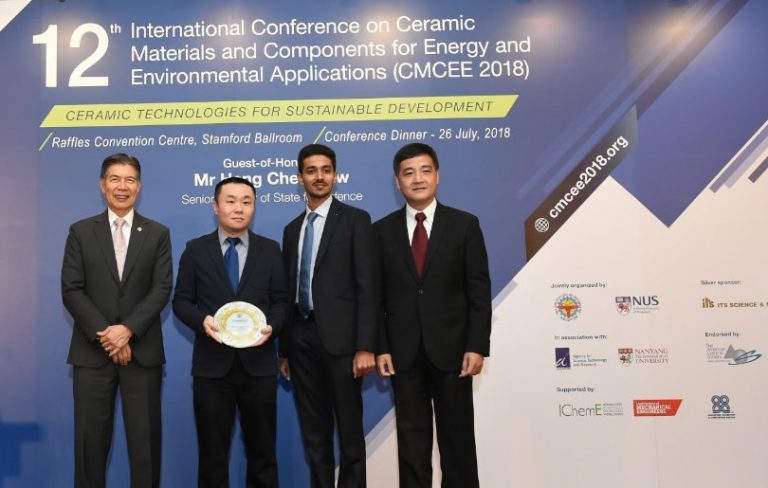
Technology Innovation
- Soft hybrid surgical gripper for delicate tissue manipulation
Citation
The Soft Robotic Surgical Gripper System is a low-cost, portable surgical platform that can be mounted onto any stereomicroscope to aid with delicate tissue manipulation. It comprises a pair of variable-stiffness robotic arms, each equipped with a soft hybrid gripper, and a compact fluidic control box with foot pedal controls. Preliminary findings have shown that the soft gripper system allows compliant gripping of nerve tissue with much lower compressive forces and risk of damage than conventional forceps.
Researchers
Asst Prof Raye Yeow, NUS Biomedical Engineering (BME)
Mr Low Jin Huat, research engineer, BME
Dr Guo Jin, research fellow, BME
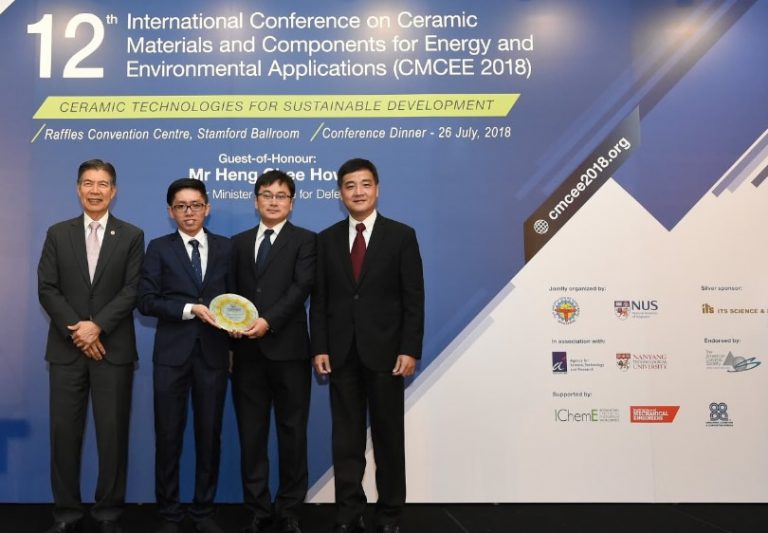
Young Creators' Award
- A 16-channel capacitive sensor interface circuits for physical signals monitoring
Citation
In this project, the team has proposed and implemented a 16-channel Code Division Multiple Access (CDMA)-like multi-capacitive-sensor interface that can be deployed for multi-sensor or multi-pixel sensors. The team has demonstrated order of improvement in terms of power, data throughput and Figure-of-Merit (FoM). This work has been presented at 2018 Symposium for VLSI Technology and Circuits, which is the premier solid-state circuits conference for papers with proven silicon results.
Researchers
Assoc Prof Heng Chun Huat, NUS Electrical and Computer Engineering (ECE)
Mr Luo Yuxuan, PhD student, NUS Graduate School for Integrative Sciences and Engineering
